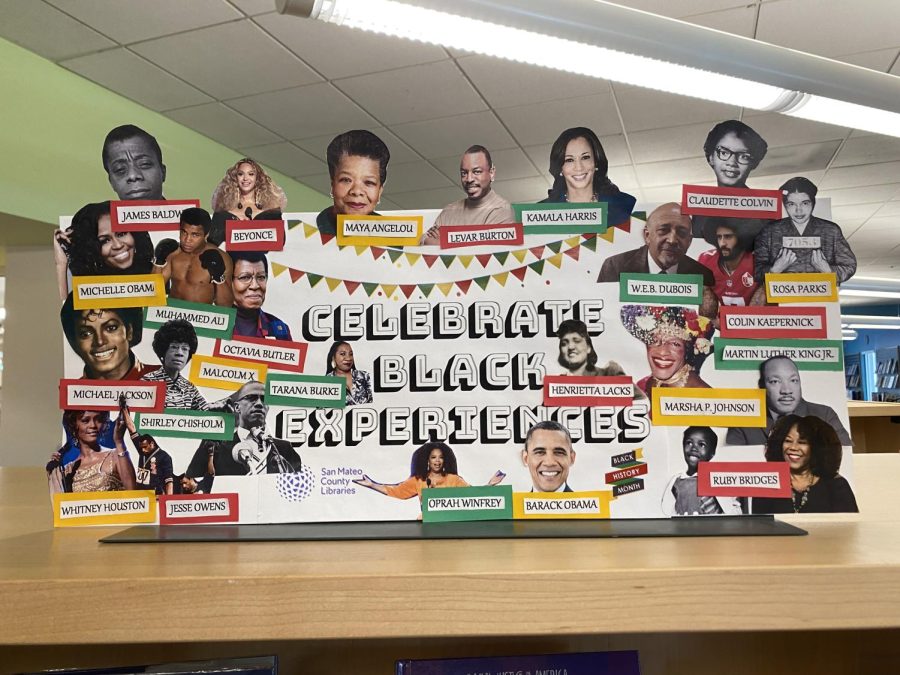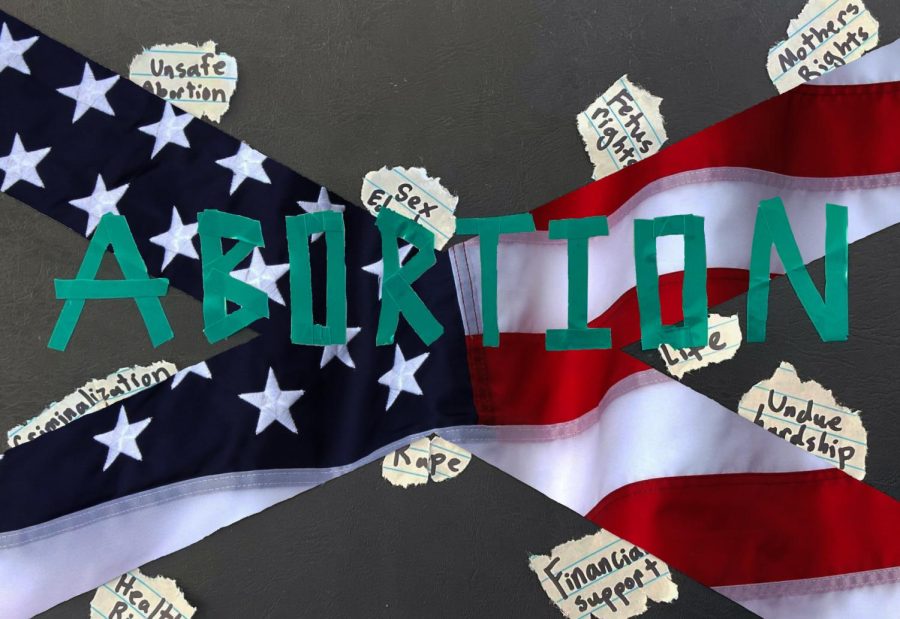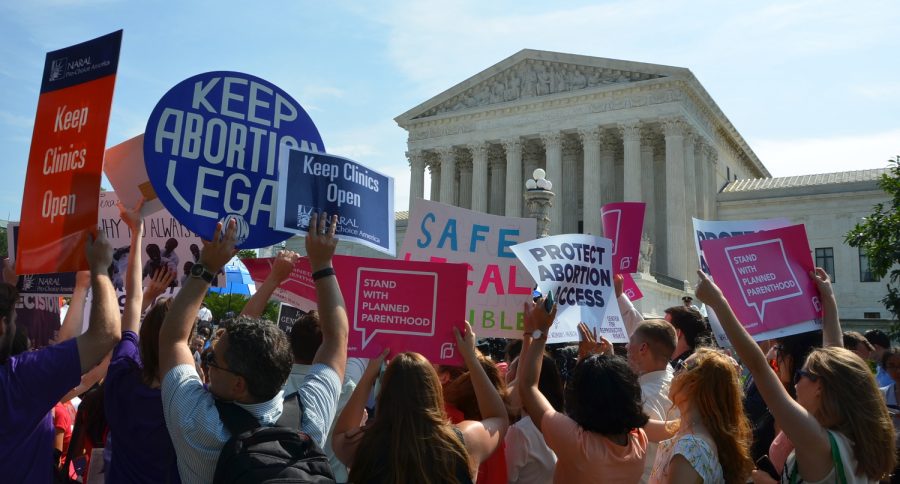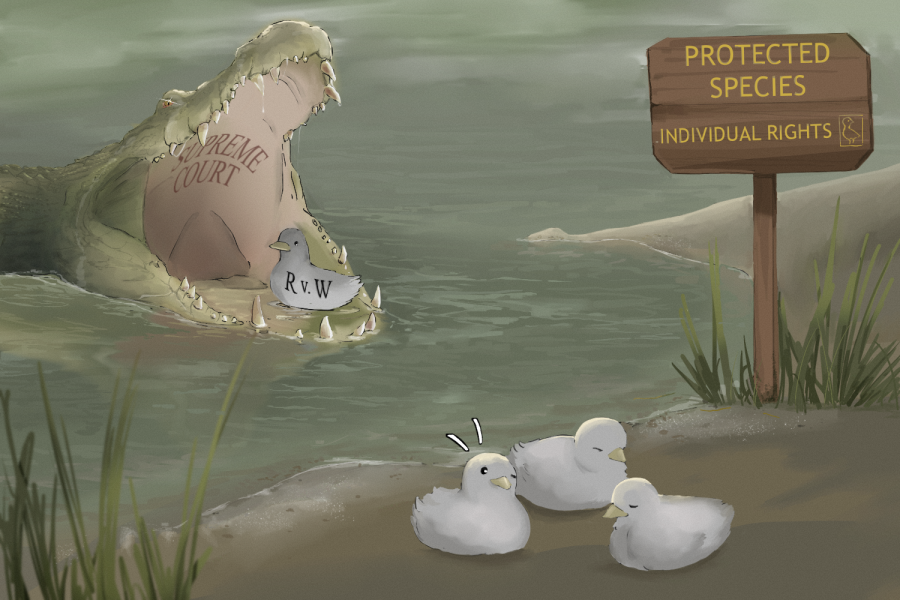The College Board released its official framework for a new Advanced Placement (AP) African American Studies course on Feb. 1, but received criticism for omitting current events like the Black Lives Matter movement.
The course has been piloted over the past year and was created with input from a variety of professors at prestigious universities such as Harvard University and Vanderbilt University. It is comprised of four units: Origins of the African Diaspora; Freedom, Enslavement and Resistance; The Practice of Freedom; and Movements and Debates.
There are topics valued by Black scholars that are not included in the required curriculum, such as the Black Lives Matter movement, reparations, and mass incarceration, all of which are relevant to the second-longest unit – Movements and Debates. Some of the debated topics, such as intersectionality and critical race theory, were moved to optional subjects.
“We’re a country that came together through a pandemic across race, gender, sexual orientation, and political affiliations to declare that Black lives matter. This is a country that has pulled together to say we are inclusive, we are diverse, and we will not tolerate discrimination or hate. And then for this to come up in 2023, it just seems out of sync,” said Dr. Terrell Strayhorn, Director of the Center for the Study of Historically Black Colleges and Universities at Virginia Union University.
The College Board denies that its official framework was influenced by politics or specifically by Florida’s governor, Ron DeSantis, or the Florida Department of Education (FDOE), both of which have made numerous statements criticizing the course and claiming that the course violates Florida law. The College Board stated, “We had no negotiations about the content of this course with Florida or any other state, nor did we receive any requests, suggestions, or feedback.” However, the state of Florida released a letter detailing the open communication thread between the FDOE and the College Board.
There has been extensive national media coverage on the issue, and multiple statements from the College Board published in its newsroom, including “How the New York Times Got it Wrong on AP African American Studies.”
The College Board and FDOE continue to give conflicting statements on the topics removed from the course and the reasons for removal. The College Board released a letter that rebuts the FDOE’s claims, stating that the only feedback they received from the FDOE was a tweet from Manny Diaz Jr., Florida’s Commissioner of Education. The majority of the tweet criticized content that wasn’t in the original pilot framework.
Despite the back and forth between the College Board and the FDOE, the course is considered a big step forward.
“AP courses are held in esteem. Naming Black studies as a subject for an AP course has the potential to raise the status of that discipline. It says to everyone, ‘Look, this is an important topic, people should study it, and it is rigorous,’ and I think that’s exciting as a Black scholar, a Black person, and someone who has taught in Black studies,” Strayhorn said.
While this course won’t be available at Carlmont next year, it’s a possibility for the 2024-2025 school year, according to Jayson Waller, chair of Carlmont’s Social Studies Department. It would most likely be offered as an elective, meaning it wouldn’t qualify for history credit on student transcripts.
“It seems like a good course, and I like the topic, but there’s nothing wrong with AP U.S. History or any of our other AP courses, so I don’t see a need to replace them with anything, regardless of the subject matter,” Waller said.
Waller also stated that the structure of the AP African American Studies course focuses heavily on open-ended writing assessments as opposed to multiple-choice questions, and he prefers a balance of multiple-choice and essay questions.
According to Waller, Carlmont history teachers have expressed interest in the course. One of those instructors is Karen Ramroth, the history teacher who piloted Carlmont’s original Ethnic Studies elective. Ramroth also expressed concerns about the content that the College Board removed.
“It does seem like the content that was removed was due to politics – not because it wasn’t worth teaching, or because it wasn’t true, or because it was wrong. I think anytime you start to tell students that they can’t learn something because of politics, or tell a group of people that their history isn’t valid, shouldn’t be taught, or shouldn’t be heard because it is political, it’s a dangerous and slippery slope,” Ramroth said.
The College Board justified their decision to remove more modern topics from the course because they said that current events and secondary sources aren’t a part of AP principles. However, according to Ramroth, there are “tons of current events” in the AP Government course. Additionally, Strayhorn brings up the subjectivity of labeling something a secondary or primary source.
“You start thinking, ‘Which ones are primary and which ones are secondary?’ I think some things that are labeled secondary are actually primary, particularly when it comes to the study of race. Race was so sensitive, especially being Black. You were not just secondary as a source, but you were forced into second- or third-class citizenship. We have to appreciate that history,” Strayhorn said.
Strayhorn points out how a course like AP African American Studies can be a positive addition to the campus environment, especially at schools like Carlmont that are predominantly white, per Carlmont High School’s school report.
“I wish that I would have had an AP African American Studies course when I was in high school. I absolutely would have taken it. Although I’m African American, I grew up in a predominantly white neighborhood and have gone to predominantly white schools my whole life, so it would have been very meaningful for me to be offered an opportunity to do advanced study in a field that is about my own history,” Strayhorn said.
Although Carlmont has made Ethnic Studies a graduation requirement beginning with the class of 2025, offering AP African American Studies would allow students to study Black culture and racial movements in depth and with the possibility of college credits.
“You simply can’t strip or purge these topics from the text, these characters from the course, or these moments from the larger movement. To do so is an act of violence against the very community the course is designed to honor and recognize,” Strayhorn said.

































